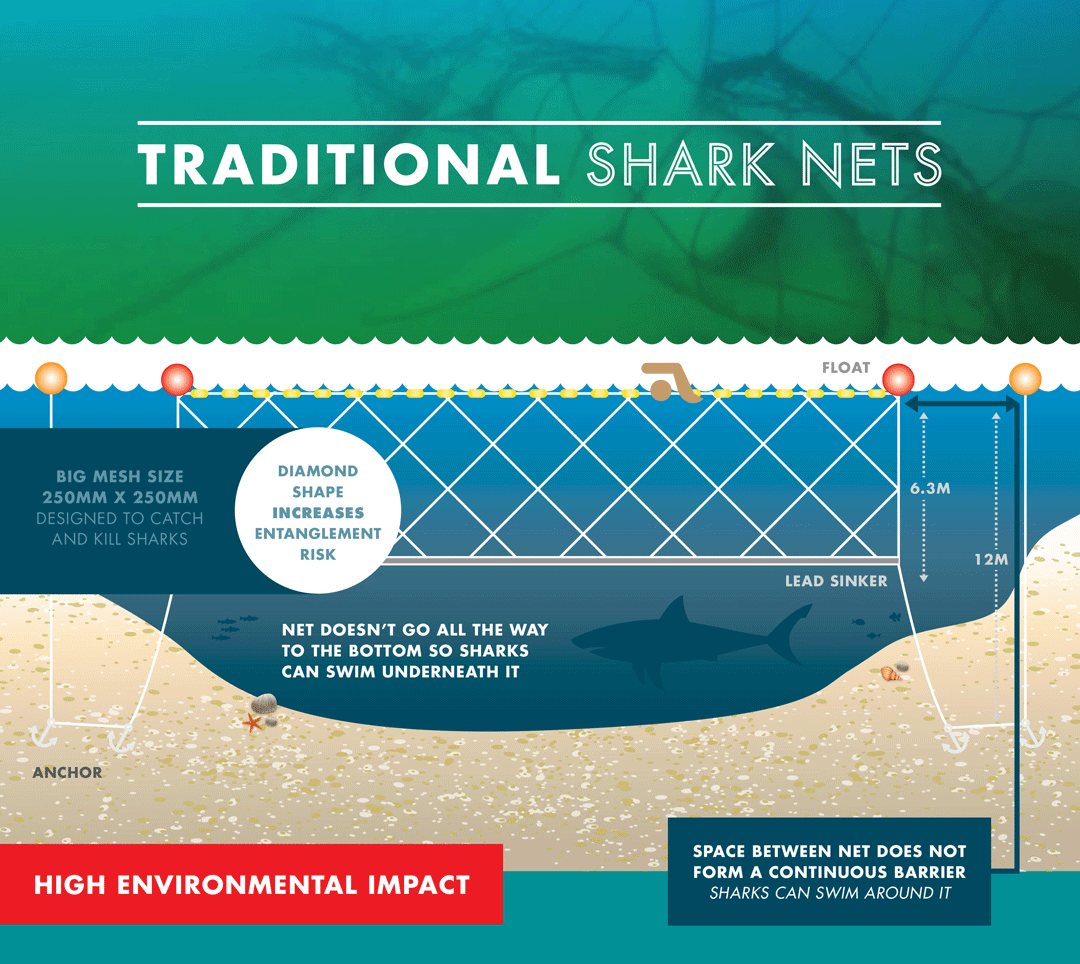Sanctions have become a prominent tool in international diplomacy, often wielded by governments to influence global behavior without resorting to military conflict. These economic, trade, or financial restrictions aim to compel a change in policy or behavior by the targeted nation or entity. However, how do these sanctions work, and what is their global impact? Let's explore the intricacies of government sanctions, focusing on their relevance to New Zealand and the wider economic implications.
Understanding Government Sanctions: A Deep Dive
Government sanctions can take various forms, including trade restrictions, asset freezes, travel bans, and financial constraints. Typically, they are imposed to achieve foreign policy objectives, deter undesirable actions, or punish specific behaviors. While sanctions are designed to apply pressure on a target, they often have ripple effects on both the imposing and receiving nations, affecting businesses, economies, and international relationships.
The Mechanics of Sanctions
Sanctions operate by restricting access to essential resources, financial systems, or international markets. For instance, trade sanctions limit a country's ability to export or import goods, impacting its economy and business sectors. Financial sanctions, on the other hand, can freeze assets or restrict access to banking systems, crippling financial operations. By creating economic hardships, sanctions aim to force the target to reconsider its policies or actions.
Case Study: The Impact of Sanctions on New Zealand’s Dairy Industry
New Zealand, a nation heavily reliant on its dairy exports, offers a unique perspective on how sanctions can impact local industries. In 2014, New Zealand faced indirect repercussions from sanctions imposed on Russia by Western countries over the annexation of Crimea. As one of the world's largest dairy importers, Russia turned to other markets, resulting in a temporary drop in demand for New Zealand dairy products.
The New Zealand dairy industry quickly adapted by diversifying its export markets and strengthening trade relationships with countries in Asia and the Middle East. According to the Ministry of Business, Innovation, and Employment (MBIE), this strategic shift resulted in a 35% increase in dairy exports to Asian markets by 2016. This case highlights the resilience and adaptability of New Zealand businesses in response to global economic shifts.
Global Impact of Sanctions: A Double-Edged Sword
Pros of Sanctions
- Policy Influence: Sanctions can be effective in pressuring governments to change policies deemed unacceptable by the international community.
- Non-Military Strategy: They serve as a peaceful alternative to military interventions, reducing the risk of armed conflict.
- International Solidarity: Sanctions can unite nations against common threats or violations, fostering global cooperation.
Cons of Sanctions
- Economic Downturns: Sanctions can lead to economic recessions in targeted countries, exacerbating poverty and humanitarian crises.
- Collateral Damage: Innocent civilians often bear the brunt of sanctions, suffering from shortages of essential goods and services.
- Trade Disruptions: Sanctions can strain global trade networks, affecting supply chains and increasing costs for businesses worldwide.
Contrasting Viewpoints: Effectiveness vs. Ethical Concerns
While some argue that sanctions are a powerful diplomatic tool, others criticize them for their ethical implications. Supporters highlight cases like Iran, where sanctions led to negotiations over nuclear programs. Critics, however, point to the humanitarian impact, as seen in Venezuela, where sanctions have exacerbated economic hardships, leading to widespread poverty and health crises.
A middle ground suggests that sanctions should be strategically targeted and accompanied by humanitarian aid to mitigate adverse effects on civilians. This approach ensures that sanctions serve their intended purpose without compromising ethical standards.
Common Myths & Mistakes
Myths about Sanctions
- Myth: Sanctions are always effective in changing government behavior.
- Reality: Studies show that sanctions succeed in achieving foreign policy goals in only about 34% of cases (Source: Council on Foreign Relations).
- Myth: Sanctions only affect the targeted nation.
- Reality: Sanctions can have global repercussions, impacting trade, economies, and diplomatic relationships worldwide.
- Myth: All sanctions are economically devastating.
- Reality: The economic impact varies depending on the target's economic resilience, diversification, and global support (Source: Harvard Economic Review).
Mistakes to Avoid When Imposing Sanctions
- Failing to consider humanitarian impacts, leading to unnecessary civilian suffering.
- Implementing broad sanctions instead of targeted measures can penalize innocent sectors.
- Neglecting diplomatic channels that could lead to peaceful resolutions.
Future Trends & Predictions
As global dynamics evolve, so too will the strategies surrounding sanctions. By 2028, experts predict an increase in "smart sanctions," which use advanced technology to target specific individuals or entities without affecting broader populations. Additionally, New Zealand businesses will likely see an increase in digital trade, reducing exposure to traditional trade sanctions (Source: NZ Trade and Enterprise Report).
Conclusion
Government sanctions are a complex tool with far-reaching implications. While they offer a non-military means of exerting international pressure, their effectiveness and ethical considerations remain subjects of debate. For New Zealand, understanding and adapting to the global impacts of sanctions is crucial for maintaining economic stability and growth. As the world continues to navigate geopolitical challenges, New Zealand businesses must remain agile, diversifying their markets and leveraging digital trade opportunities.
What’s your take on the effectiveness of government sanctions? Share your insights below!
People Also Ask
- How do sanctions affect the New Zealand economy? Sanctions can indirectly affect New Zealand by disrupting global trade networks, impacting sectors like dairy and agriculture, which rely on international markets for growth.
- What are the biggest misconceptions about sanctions? One common myth is that sanctions are always effective. However, research shows they succeed in achieving foreign policy goals only about 34% of the time (Source: Council on Foreign Relations).
Related Search Queries
- How do government sanctions impact global trade?
- Effectiveness of economic sanctions
- Sanctions on Russia and global economy
- New Zealand trade and sanctions
- Ethical implications of sanctions































